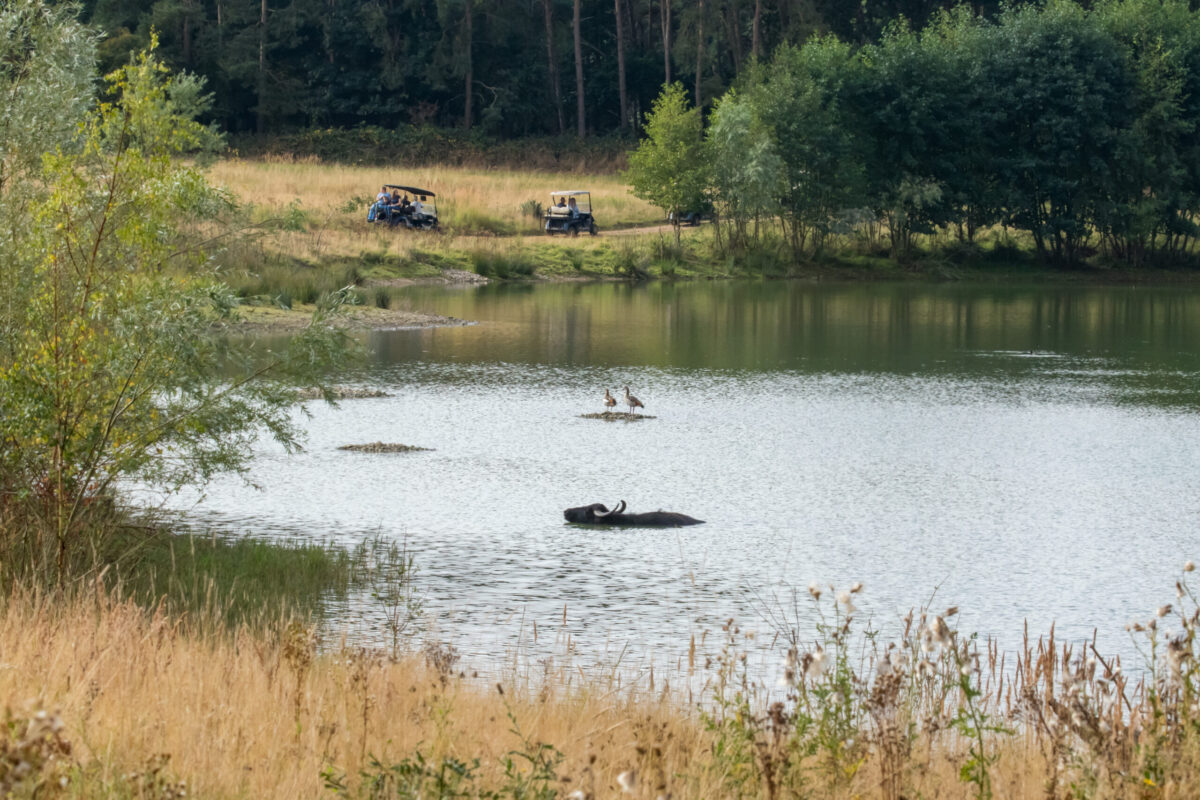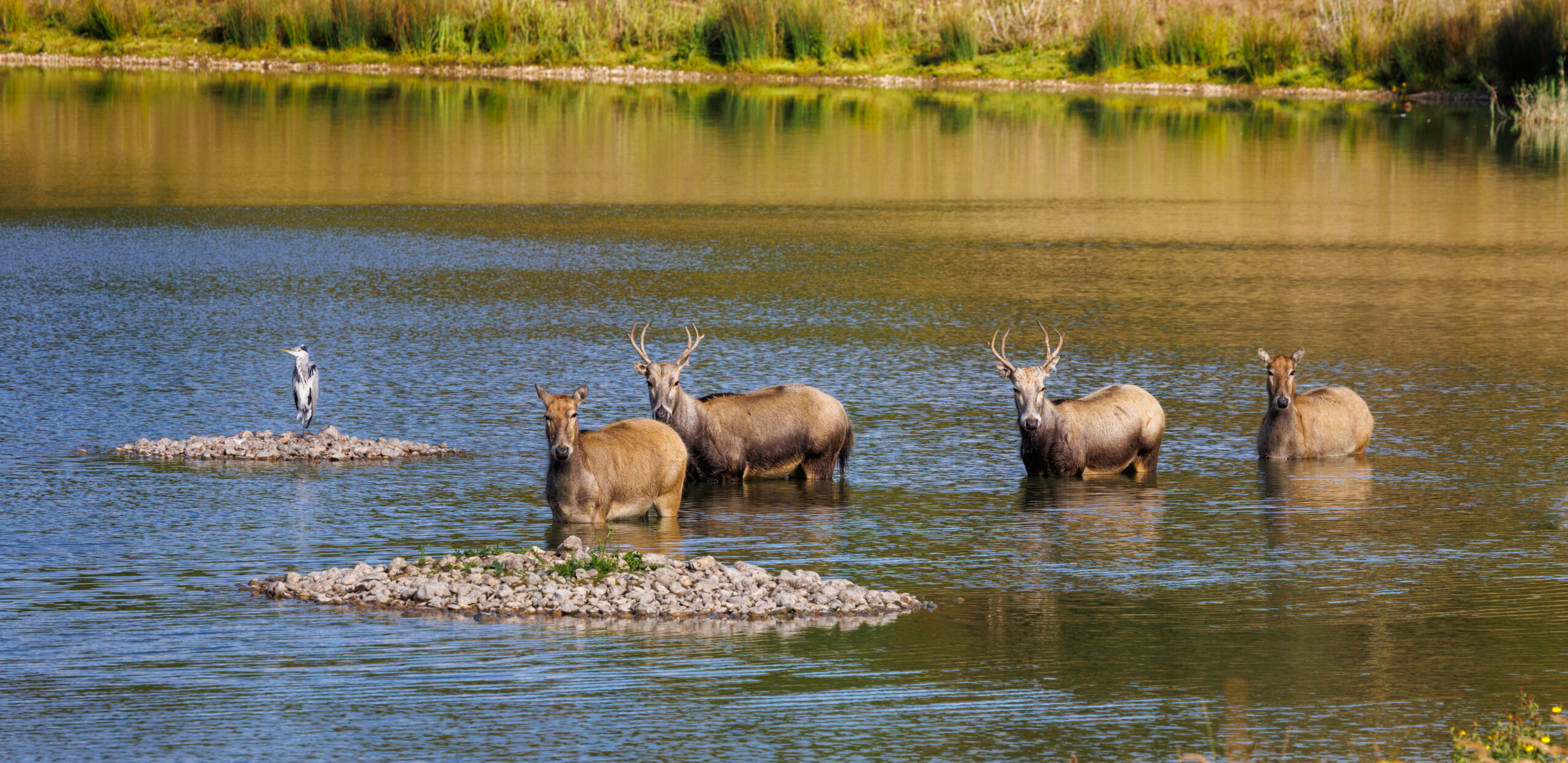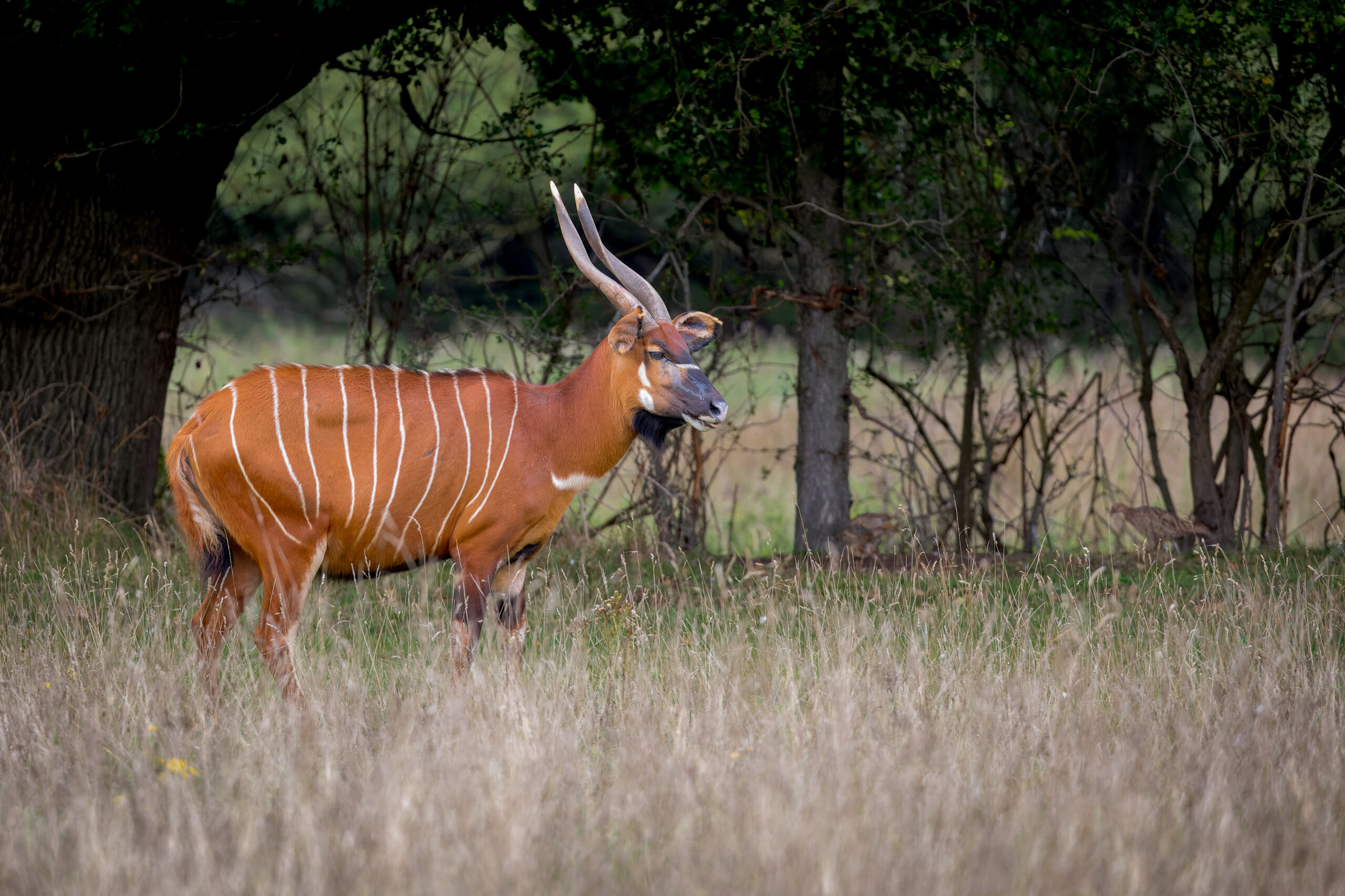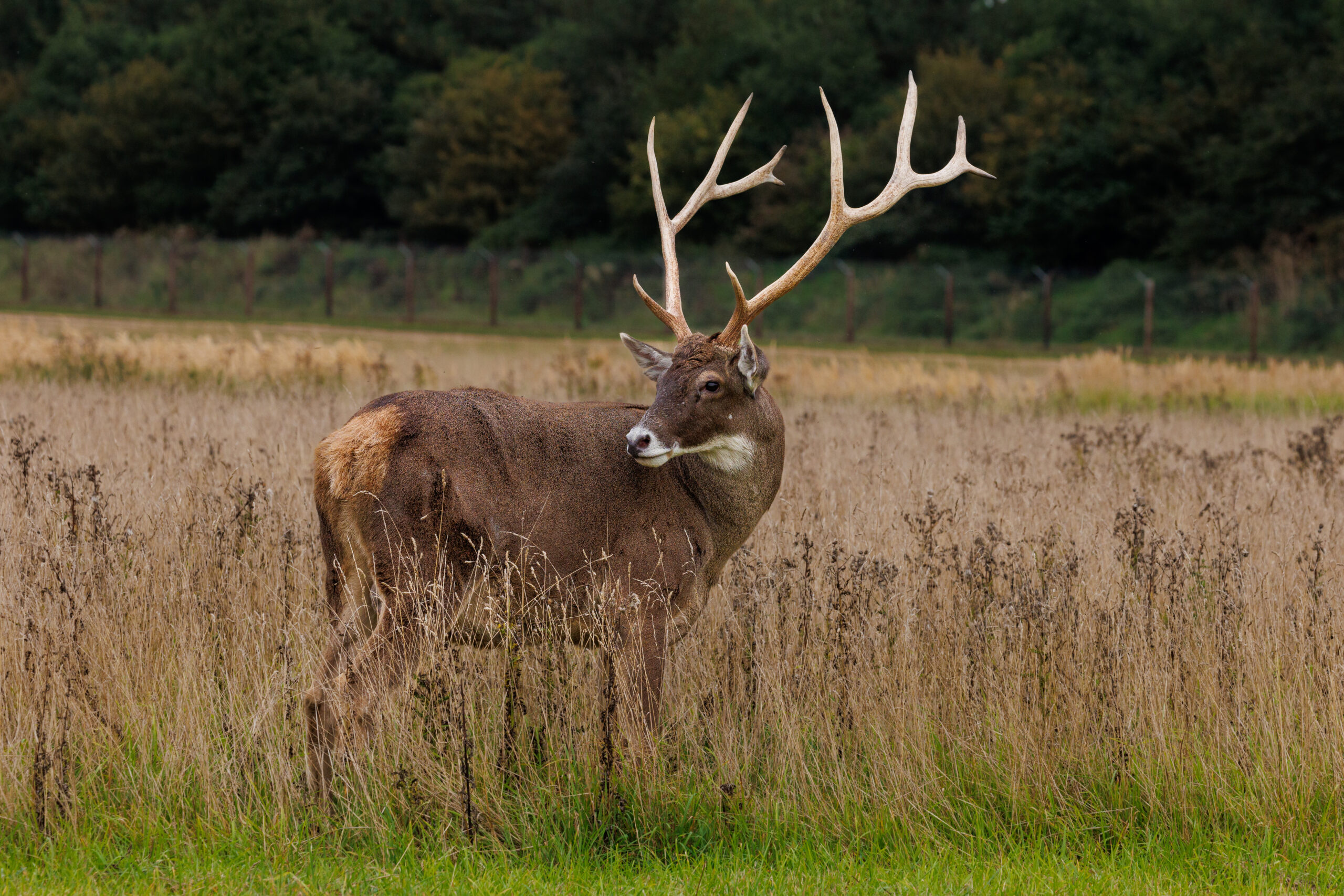Watatunga: Proactive, Pleasantly unconventional and Progressive

Our operations manager, Molly, recently welcomed Ben Matthews, Chair of the BIAZA Ungulate Sub-group, to the reserve. As a seasoned professional with a wealth of experience in the realm of animal care Ben brings a unique perspective to the table. For him, every day is a new opportunity to learn, and this mantra has fuelled his commitment to advancing the field of animal management.
In our marketing materials, we often mention our endeavour to blaze a new trail in how animals are managed in captivity. But what does this really mean? Enter Ben, who recently visited Watatunga wildlife reserve and was captivated by our proactive, pleasantly unconventional, and progressive approach to animal care. Words and photographs, he insists, cannot truly convey the magnificence of the 170 acres that make up Watatunga.
Here is Ben’s summary of his visit to the reserve:

“I feel it important to begin by saying that words and photographs will not do the 170 acres of Watatunga wildlife reserve justice. Whether a zoological professional, a natural history enthusiast or (and this next one is important) someone unsure about their feelings towards managing animals in captivity…I would implore you to visit.
The proactive, pleasantly unconventional and progressive approach to animal care taken by the team is so refreshing.
To hear that browsing ruminants are given what would appear to be unlimited opportunity to self-select t from a huge range of deciduous trees (I counted at least 6 species of tree in leaf) and will receive specifically grown fodder for the winter, chopped and processed to maximise benefit to beast, is so refreshing.
The grazing stock receive the same detailed approach to their nutrition, and unsurprisingly, so do the birds.
I’ve been fortunate to work for some excellent institutions in my career, and receive tutelage from experienced animal folk, but the mantra that ‘every day is a school day’ never leaves.
Utilising thermal cameras to analyse heat output from ungulates is not new practise, I’ve seen a number of injured joints scanned for temperature, but to see the technology applied to assess thermal output of Asian ungulates against African ungulates to objectively discuss the need for heated restricted overnight accommodation is typical of the objective approach to animal management at Watatunga.
Engagement is key, the unique selling point of the electric golf buggies at Watatunga is one of the best engagement tools I’ve seen. Whatever your professional background or demographic, I’d defy you not to have fun out on a buggy, whether a guinea fowl has become an accidental roadblock, or you’re stunned to see a white-lipped deer grazing in harmony with a Père David’s deer. (I can vouch for both examples)
Watatunga does not shy away from the more difficult conversations, and while I share the philosophy of the site wholeheartedly, I’d return to my earlier comment around winning round visitors undecided on their feelings about managing captive livestock.
Certainly during the tour I was on, we learned about population management, breeding and culling in an honest and accessible way, and there was no audible resistance, the team obviously live and breathe the work, you only have to meet Julian or Molly for a few minutes to realise this.
My hope is that the site can stay true to its ethos, and not be drawn away into holding more ‘ABC’ charismatic megafauna, because the ideology of a site focused on championing conservation of a variety of endangered deer, antelope and birds is fantastic.
To be actively doing it as Watatunga is… truly special.”

